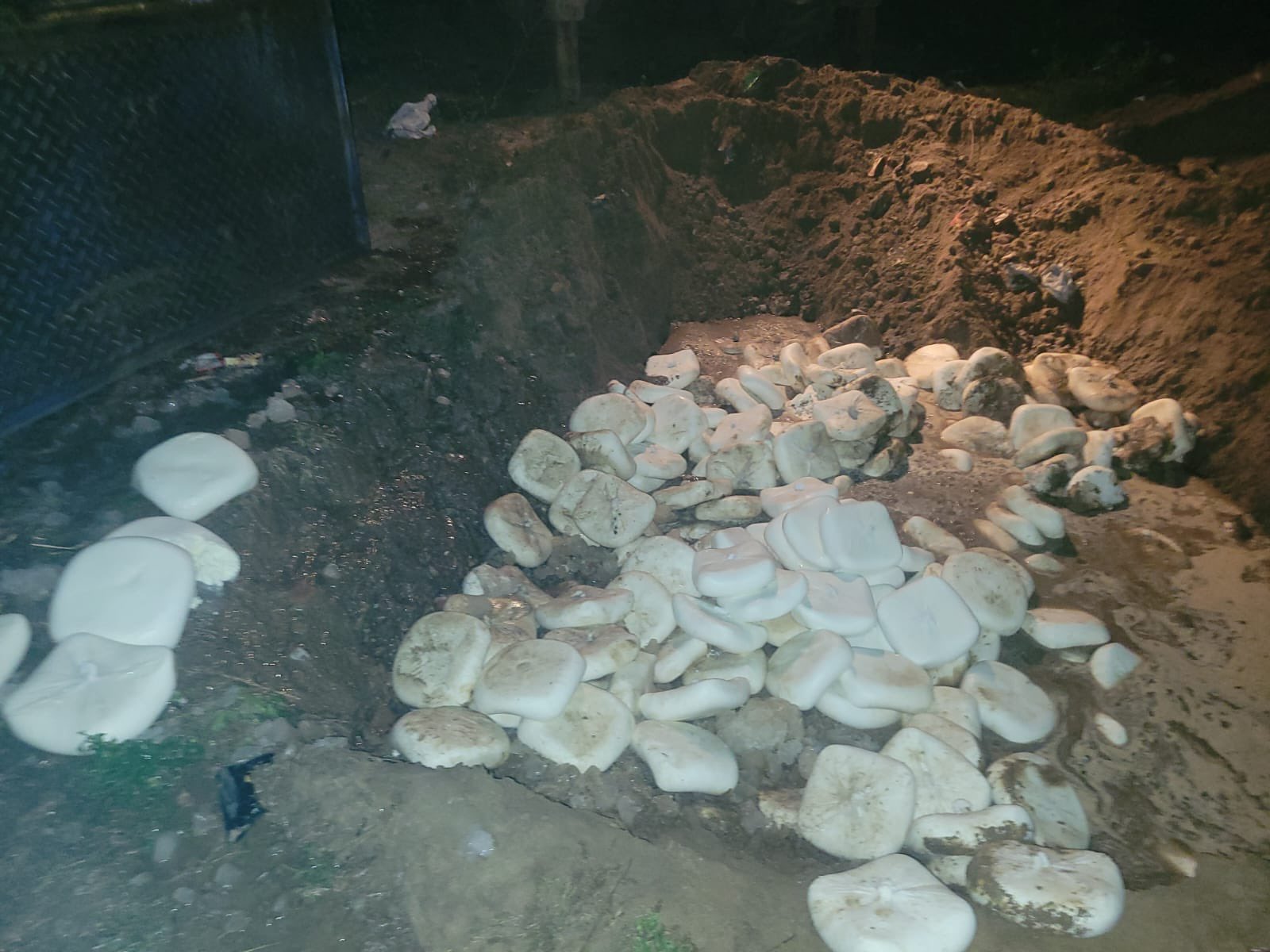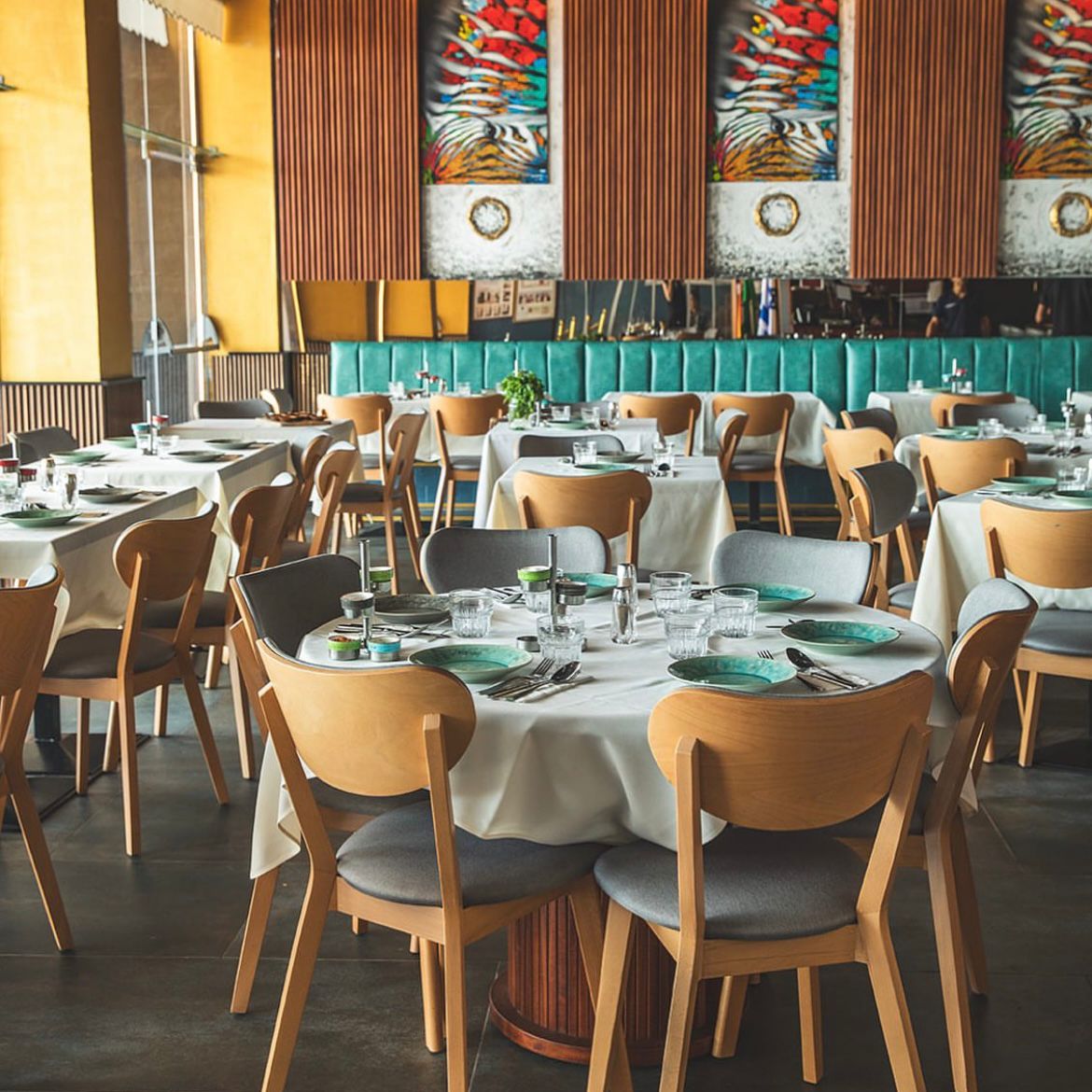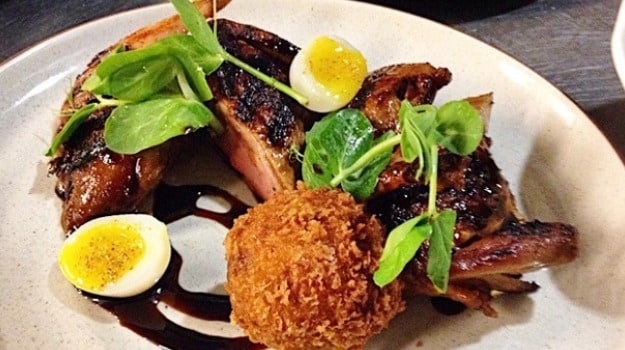At Candlenut restaurant, chef Malcolm Lee is preserving the deeply flavourful cooking of his ancestors long-ago immigrants from China to Singapore
When a posse of famous chefs craved a true taste of Singapore while attending the Asia's 50 Best Restaurant awards last February, their hosts took them to the Candlenut. This stark white-walled restaurant is the place to sample the brilliant but somewhat controversial Peranakan (the term refers to the descendants of long-ago Chinese immigrants) cooking of chef Malcolm Lee, 31. When he moved here in 2013, Lee wanted to preserve and update (this is what has been controversial) the style of cooking also known as Nyonya, which is an intriguing hybrid of Chinese ingredients with Malaysian and Indonesian spices and techniques.
"The Peranakan kitchen is my heritage", says Lee, who ran a Western-style cafe before becoming a champion of Peranakan food. "To save what has always been home cooking, I translate it into a restaurant idiom. Otherwise it will be lost. I also tweak it to appeal to a city obsessed by foreign foods."
A luscious example of this is his riff on ayam buah keluak, a Peranakan classic whose hauntingly good umami-rich sauce is made from the nuts of the Pangium edule tree, which grows in mangrove swamps. The nuts have to be soaked for five days after being shelled to remove the toxins. Traditionally, it's made with chicken (ayam), but Lee also does a version with wagyu beef short ribs, slow-cooked beforehand.
"Cooking the ingredients separately protects their taste," says Lee, who brines the chicken for extra flavour. Other dishes not to miss at Candlenut include yellow coconut crab curry and buah keluak ice-cream, made with Valrhona chocolate. "All kitchens have to innovate to stay alive," says Lee.
candlenut.com.sg, dinner about £25pp
Sauce code … ‘The Peranakan kitchen is my heritage,’ says Malcolm Lee, chef at Candlenut, Singapore. Photograph: Alastiar Tan











